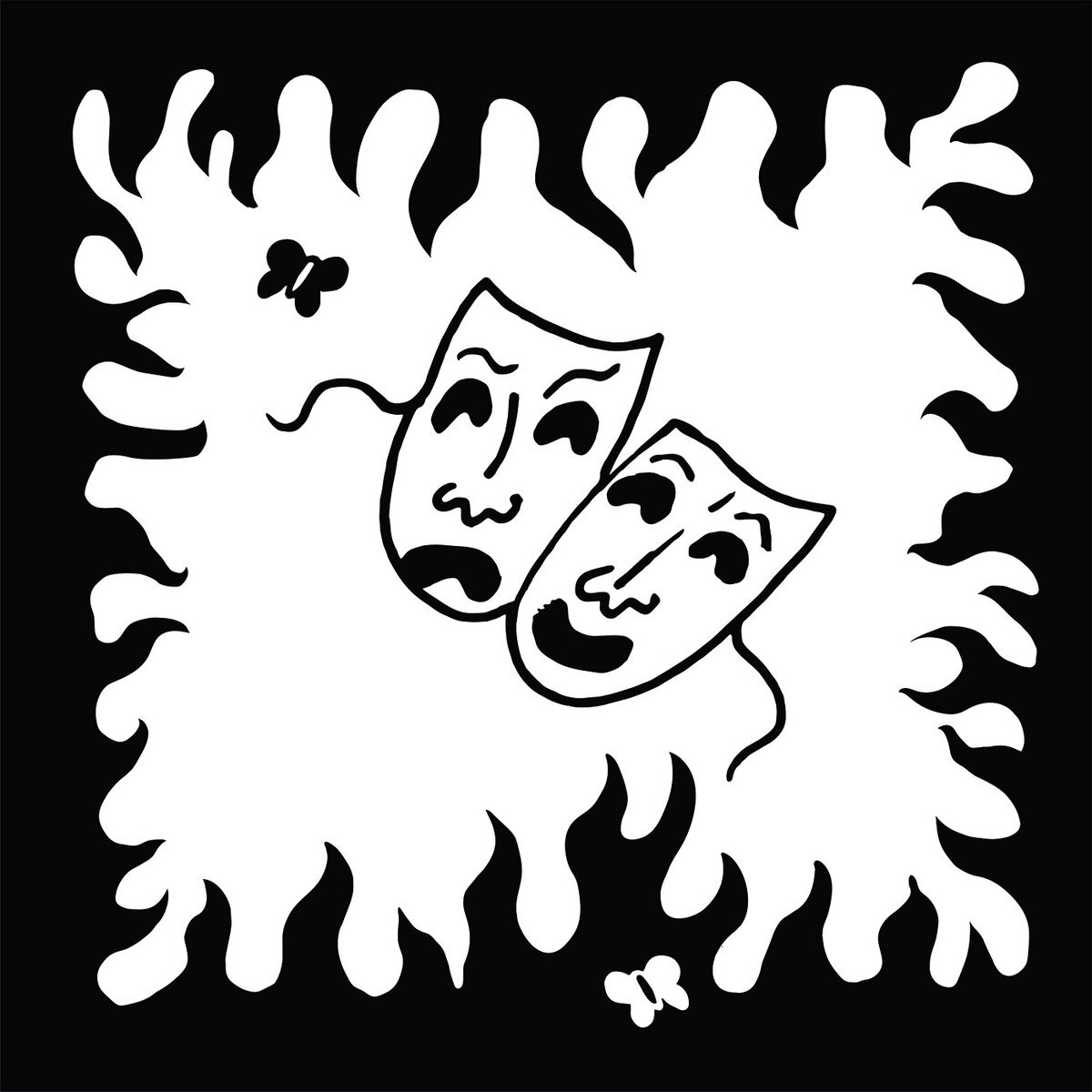Head of Roses is a heartfelt and springly sophomore from Flock of Dimes (Jenn Wesner). Wesner is best-known as a member of Wye Oak but with this, and 2016’s If You See Me, Say Yes, she has carved a definitive, confident line as a solo artist.
What impresses immediately is Head of Roses’ broad soundscape. Every track on the LP does something to be sonically distinct—but none is an outlier or ugly duckling. “Price of Blue” and “No Question” are striking both in their differences and similarities. The former is a full-on Cocteau Twins-style ballad, lifted by exultant and airy strings; the latter is muggy, stripped-back and intimate, grounded by powerful brass. Their commonality is Wesner’s unique artistic sensibility, a quality as hard to describe as it is easy to recognise.
It’s lazy and flippant to compare acts like Flock of Dimes to Kate Bush. Bush, in opening the door for female-fronted pop to revel in its own weirdness and creative bravery, inadvertently became the yardstick by which all future attempts at such auteurship would be measured. But there are undeniably shadows of her style on Head of Roses. Most of these shadows are revealed by Wesner’s luminous vocals; in her voice-as-instrument approach, and the ease with which she leaps huge intervals between notes. The weightless, unpredictable journeys of these vocal lines keep you in a constant state of expectation and vulnerability; stumbling blindly into every next moment.
Head of Roses feels like it is unravelling or writing itself as every moment of listening unfolds. It holds the same tension as when a band improvises. The idea that everything will suddenly fall apart is suspended like a ten-ton block above the stage. And the more precarious, the more on-the-brink a band can make everything feel, the more electrifying their improvisation will feel. Head of Roses dutifully delivers that same spontaneous energy to a world that’s starving for it, and is as close to a live experience many will have felt in a long time.
Head of Roses is available for purchase and streaming here.
Words: Andrew O’Keefe





